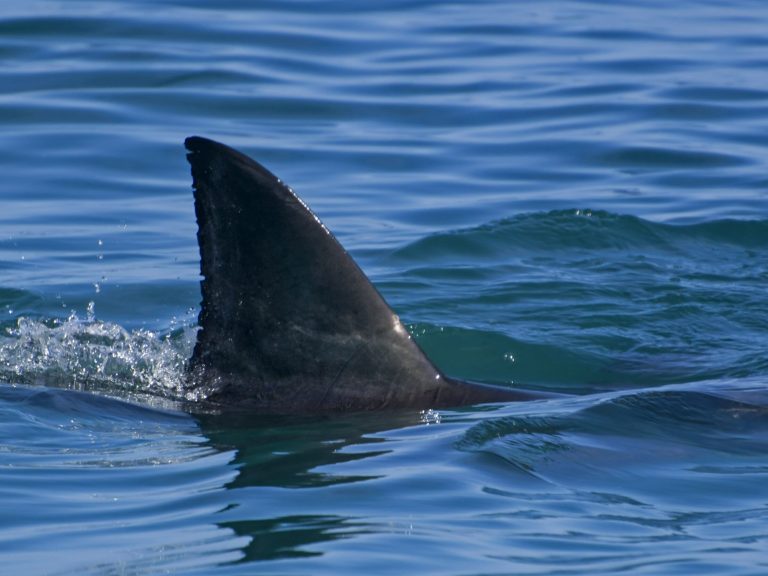“Lanterns of Misfortune”. Władysławowo fights against harmful beach fashion

The Władysławowo commune is trying to stop holidaymakers from releasing the so-called lanterns of happiness. Special signs stating the ban have been placed at the entrances to the beaches from Karwia to Chałupy.
They look beautiful, but in the long run they are just garbage thrown into the Baltic Sea, dangerous to the forests on the dunes and marine animals. The “Lampions of Happiness” popular at the Polish seaside, i.e. small disposable lanterns released on the beach, have finally become the subject of an information campaign. The Władysławowo commune wants to make residents and guests aware that they can do without this “entertainment”. It also announces the consequences if you insist on this form of play.
The action of the seaside local government includes not only boards at the entrances to the beaches, but also posters and leaflets. “These materials can also be obtained at the Tourist Information in Władysławowo and Jastrzębia Góra and downloaded from displays located in the City Hall. City guards, during their daily patrolling of the commune, are also involved in the above action, providing professional information,” the commune assures on its website.
“It is important to raise awareness and inform about the dangers posed by lanterns of misfortune and what happens to them when they disappear from sight. So don’t buy, don’t let go! It’s 5 minutes of fun for you and another piece of garbage for the environment! – writes the wladyslawowo.pl portal on its website.
WWF on “lucky lanterns”: Deadly dangerous for animals
“Sellers declare that the lanterns consist of greased rice paper (often no information as to what it was greased with?), metal wire and wax kindling. Assuming that the rice paper is biodegradable and the kindling burns completely, there is still a metal wire left – sharp and deadly to animals. Thousands of such wires end up in our sea every year. Curious animals may cut themselves on the wires or get burned by the remains of kindling,” write activists from WWF.






